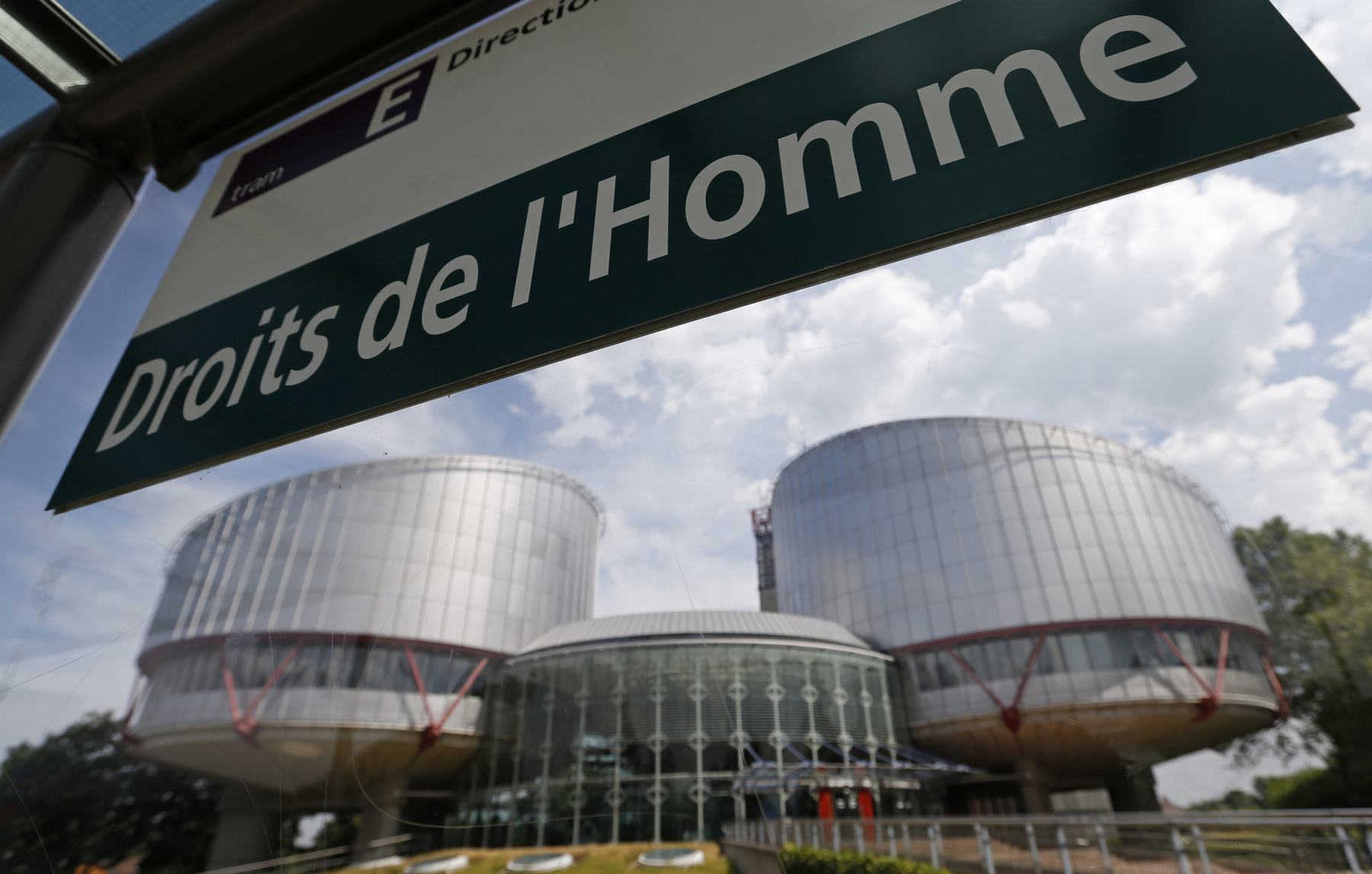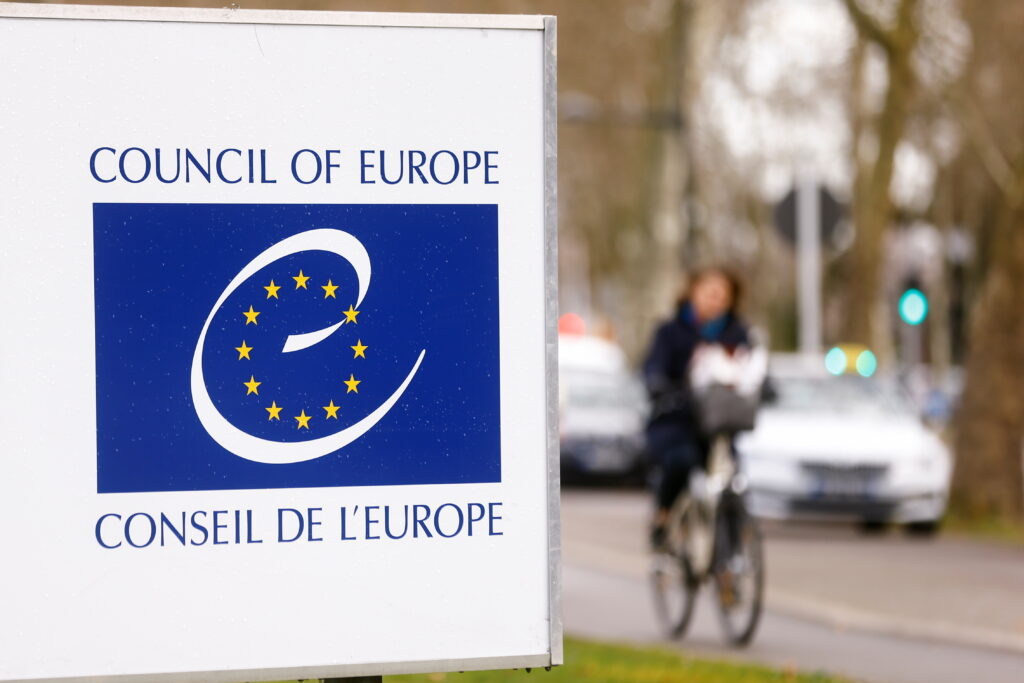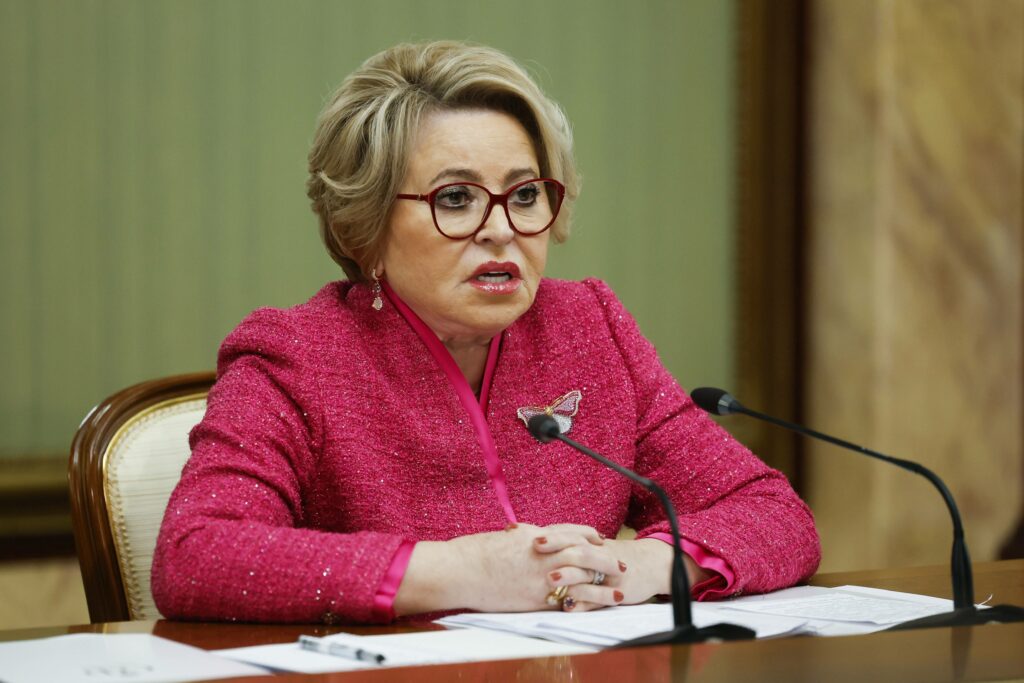The Russian authorities have embarked on a new path of constitutional reform which will radically change the country’s interaction with international organisations — chief among them, international and foreign court systems. This is largely down to amendments being made to two articles of the constitution. Firstly, Article 79 will now stipulate that decisions made by international institutions are not enforceable in Russia if their legal interpretation is contrary to the constitution. Secondly, the powers of Russia’s constitutional court will be expanded: the amended Section Five of Article 125 grants it the authority to consider such cases. Thus Russia’s constitutional court will hear cases on the possibility of enforcing rulings made by international or foreign courts, including international arbitrations, if they are deemed contrary to the principles of public order.
In Russia international law is already afforded priority over Russian law in the case of a clash between the two (Section Four of Article 15). However, there are two conditions under which Russia cannot take part in the activities of international organisations: if doing so leads to a restriction of human rights and freedoms, and if it contradicts the fundamental principles of the country’s constitutional system (Article 79). These restrictions will now affect all actions undertaken on the basis of international treaties signed by the Russian Federation. Furthermore, the restriction on “decisions contrary to the principles of public order” establishes an additional basis for failing to comply with decisions of international courts. At the same time, it is up to law enforcement — in this case Russia’s constitutional court — to clarify what exactly these principles are.
In 2015, the Russian authorities created a legal basis for non-compliance with rulings of the European Court of Human Rights (ECHR): namely, if the constitutional court finds the court’s decisions unconstitutional. The constitutional court makes such rulings at the request of the Ministry of Justice and, in all likelihood, a similar procedure will be established in light of this year’s amendments. Admittedly, this procedure is used only in very specific circumstances. Over the last five years, the constitutional court has only received two such requests from the Ministry of Justice. These concerned the cases of Anchugov and Gladkov, concerning voting rights for citizens who are imprisoned or under detention, and in the case of a 1.8 billion Euro compensation award to Yukos company shareholders. In both these cases, the constitutional court found the ECHR’s judgements to be contrary to the Russian constitution.
Experts believe that the aforementioned constitutional amendments aim to render another ruling over Yukos shareholders unenforceable. In February 2020, the court of arbitration at The Hague upheld a 2014 decision by the international court of arbitration at The Hague concerning the payment of US$50 billion in compensation to the shareholders. Russia still has the opportunity to appeal this decision; meanwhile, Yukos representatives are likely to try and enforce it themselves by pursuing repayment through recourse on the Russian state’s property outside the country. Nevertheless, the current amendments are of great importance for pending cases with international and foreign courts.
According to the BBC’s Russian service, these changes will affect “everybody who opposes Russia in overseas arbitrations and court hearings: foreign investors, contractors, suppliers, citizens, and companies.” As relevant cases, the BBC cites the example of courts ruling on disputes in Crimea, the UN’s International Court of Justice, and arbitration under the Convention on the Law of the Sea. In addition, cases considered by international arbitrations will be included in the final list. At the moment, there are six disputes including allegations against Russia lodged with the Permanent Court of Arbitration at The Hague, including Ukraine’s lawsuit over the issue of coastal waters in the Black and Azov Seas and the Kerch Strait, as well as Ukrainian companies’ claims against Russia due to the loss of assets or investments in Crimea. In 2018, the arbitration tribunal awarded a group of 18 Ukrainian companies $159 million in compensation, and in 2019 ruled in favour of UkrNaft’s claims for compensation to the tune of $44 million.
It is not yet entirely clear which strategy Russia will employ in responding to these rulings. All that can be said with much confidence is that it is simply impossible for the constitutional court to consider all the possible requests for a ruling on non-compliance which could come its way. That means that some general approach must be found. So far, the situation with enforcing ECHR judgements looks clearer — largely due to the long-standing confrontation between Russia and the court and the already existing powers of the constitutional court to recognise some of its rulings as unenforceable.
Russia versus the ECHR
Russia joined the jurisdiction of the ECHR in 1998, and the first rulings on complaints against it were made in 2002. Today, Russia occupies a leading position with the ECHR in three unenviable senses.
Firstly, Russia ranks first among all members of the Council of Europe by number of complaints against it; the ECHR is currently reviewing 15,037 complaints against Russia, which accounts for 25% of the total number. Some 2,699 verdicts have been reached against Russia; in 2,551 (or 95 percent) of these, the court found at least one violation of the European Convention on Human Rights. These violations usually concern the right to personal liberty and security, the prohibition of cruel or degrading treatment, the right to a fair trial, and the protection of property rights.
Given the absence of judicial independence in Russia, filing a complaint with the ECHR in Strasbourg is often the only way for people to demand recourse for their violated rights, even if they have to wait years to achieve it. Most complaints lodged with the ECHR fall into the category of what are called “repeating cases,” which means that they relate to the same systemic problem that either has been or will be raised again in leading court cases. In Russia, these cases most often concern the grounds for detention during a trial, conditions in pre-trial detention centres, the (in)effectiveness of judicial investigations, or detentions made at rallies or demonstrations.
Therefore, leading cases at the ECHR touch upon systemic issues for which the court has already received a substantial amount of recurring complaints. Accordingly, if the state has already taken all measures to enforce a single decision on the matter, all repeat cases on the same issue are considered to have been implemented, and the court terminates all pending proceedings on similar complaints. In order for these rulings to be considered enforced, the country in question must take measures to assuage plaintiffs’ complaints individually. These can include payment of compensation, a commitment to reviewing the case or issuing a pardon, or undertaking general measures aimed at preventing similar violations in future (such as changes in legislative or judicial practice, advanced training of judges, or infrastructural changes such as building new prison buildings or courthouses.)
How Russia implements ECHR rulings — or doesn’t
Russia is not only a leader in terms of being the subject of the most complaints and responsible for the most violations, but also has the dubious distinction of being one of the states least willing to implement the ECHR’s decisions. Data from the European Implementation Network show the percentage of unimplemented rulings on leading court cases between 2010 and 2019. During that period, Russia did not comply with 89 percent (or 218) of rulings on leading cases; accordingly, only 26 such rulings are considered by the ECHR to have been properly implemented (the average for Council of Europe members stands at 43 percent.) Other leaders in non-compliance are Azerbaijan (95 percent, 34 cases), Hungary (74 percent, 47 cases), Ukraine (67 percent, 116 cases), and Turkey (63 percent, 154 cases).
Moreover, data on the implementation of judgements on leading cases until 2016 show that Russia almost always approaches individual measures by publishing the ECHR’s decision and paying compensation to the victims (a high profile exception being the Yukos case). Achieving systemic changes has proven more difficult. In this, much depends not only on the authorities’ willingness to commit, but also on the type of changes which are required. Accordingly, studies demonstrate that success in implementation of ECHR decisions is closely dependent on the quality of institutions (including the judicial system), type of electoral system, level of bureaucratic development, presence of dissenting opinions among judges, and level of detail of the practical instructions included in the court decision.
Russia very rarely takes general measures aimed at widespread systemic change. More often than not, the authorities take administrative and legal measures (in 27 percent and 24 percent of cases respectively), which include the adoption of plans for reform, decrees from the president and executive authorities, creation of working groups, an overview of practices by the plenum of Russia’s Supreme Court, adoption of resolutions by the Russian armed forces, or a determination by the constitutional court. Legislative and practical measures are applied much less frequently — in just 14 percent and 10 percent of cases respectively.
What will constitutional reform bring?
In conclusion, it appears that the new powers of the constitutional court will be used selectively, in certain cases of political importance. These may not only include rulings in disputes between Ukraine and Russia over Crimea, but also in cases involving a far wider range of complainants. This kind of enforcement has two possible consequences.
Firstly, the inclusion of constitutional provisions referring to traditional family values, the role of the Russian people, and invoking the name of God could complicate the implementation of ECHR rulings in cases where ideological conflict is involved. This could affect a wide range of cases, concerning violations of the rights of sexual and religious minorities. For example, the court is currently investigating a complaint brought against Russia by 395 local branches of the Jehovah’s Witnesses. It could also affect cases involving domestic violence. The ECHR’s 2019 ruling in the Volodina versus Russia case was the first recognition that domestic violence is a systemic problem in Russia today. To enforce the court’s ruling, Russia must now pass appropriate legislation and reform its judicial and law enforcement systems accordingly.
Secondly, these reforms could impact the implementation of many complaints concerning recurring issues. In situations like these, the ECHR combines the tens and hundreds of complaints it receives into a single court proceeding and recognises a violation of the European Convention on Human Rights. But now, Russia’s constitutional court can combine the ECHR’s decisions on the matter into one proceeding and declare them contrary to the constitution or principles of public order. This is the fate which could befall thousands of complaints about violation of the right to freedom of assembly. In addition, the absence of a definition of the “principles of public order” in the new amendments allows the constitutional court to interpret it depending on each specific case, without the need to identify any unconstitutional aspects whatsoever. Naturally, all this will make the constitutional court’s job easier, especially given the planned reduction in its composition from 19 to 11 judges.
In sum, these constitutional amendments give Russia the opportunity to refuse to implement whichever rulings of the ECHR it deems the least desirable and least convenient. But they have a less obvious consequence: namely, they establish at the constitutional level the possibility of non-enforcement of decisions by international courts. That precedent will have grave consequences for Russia’s legal development. After all, what is the point of contracts and agreements if there is a chance that they will not be fulfilled, for arbitrary and selective reasons?










